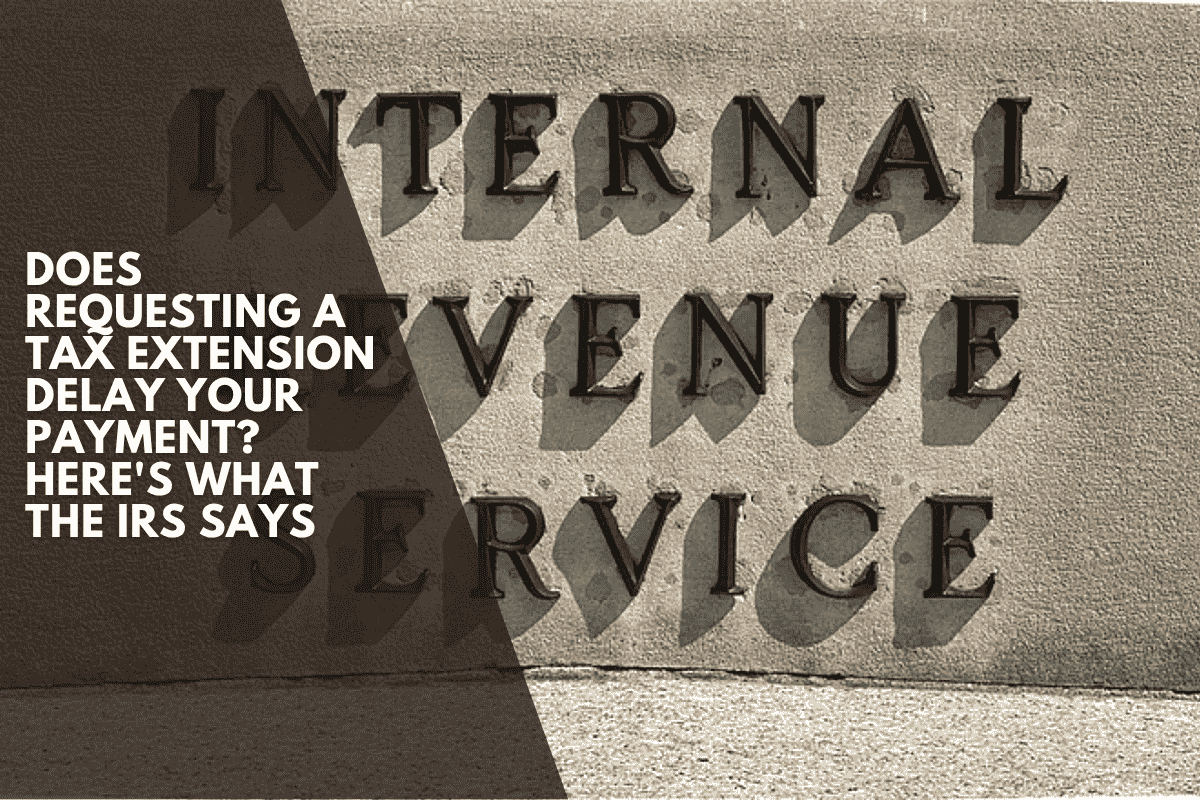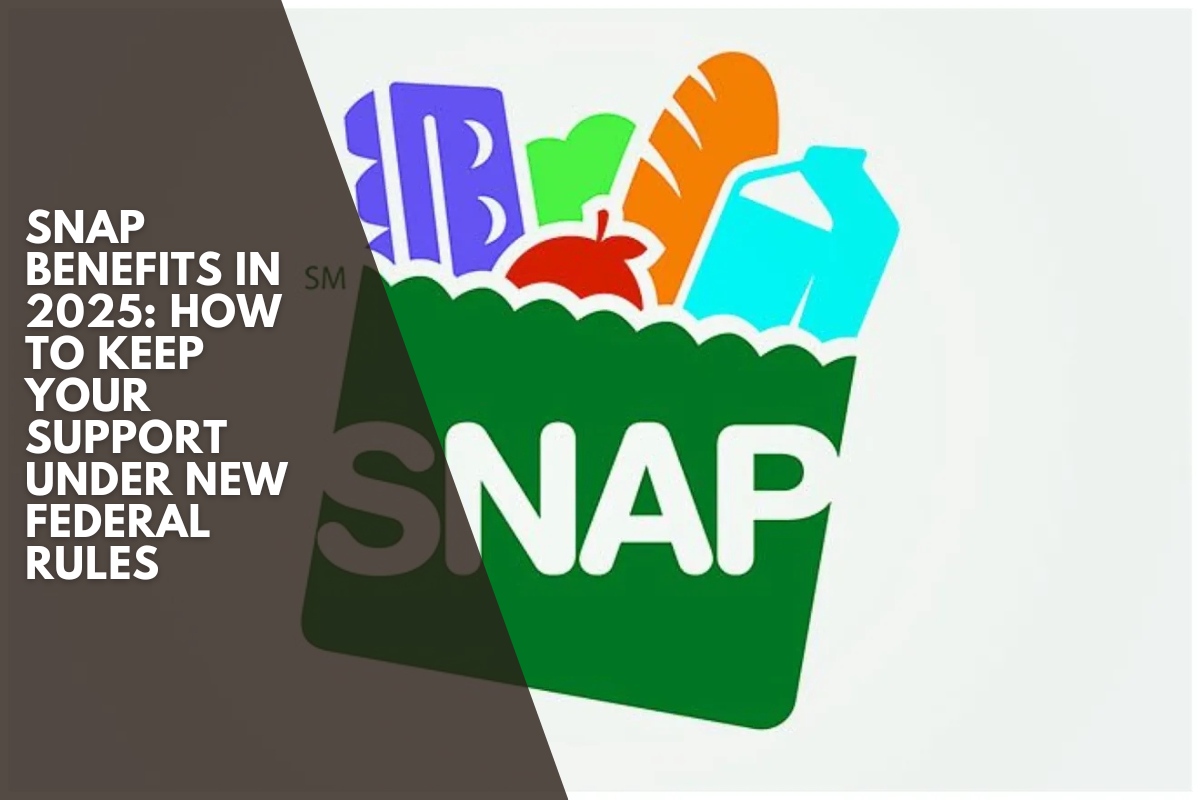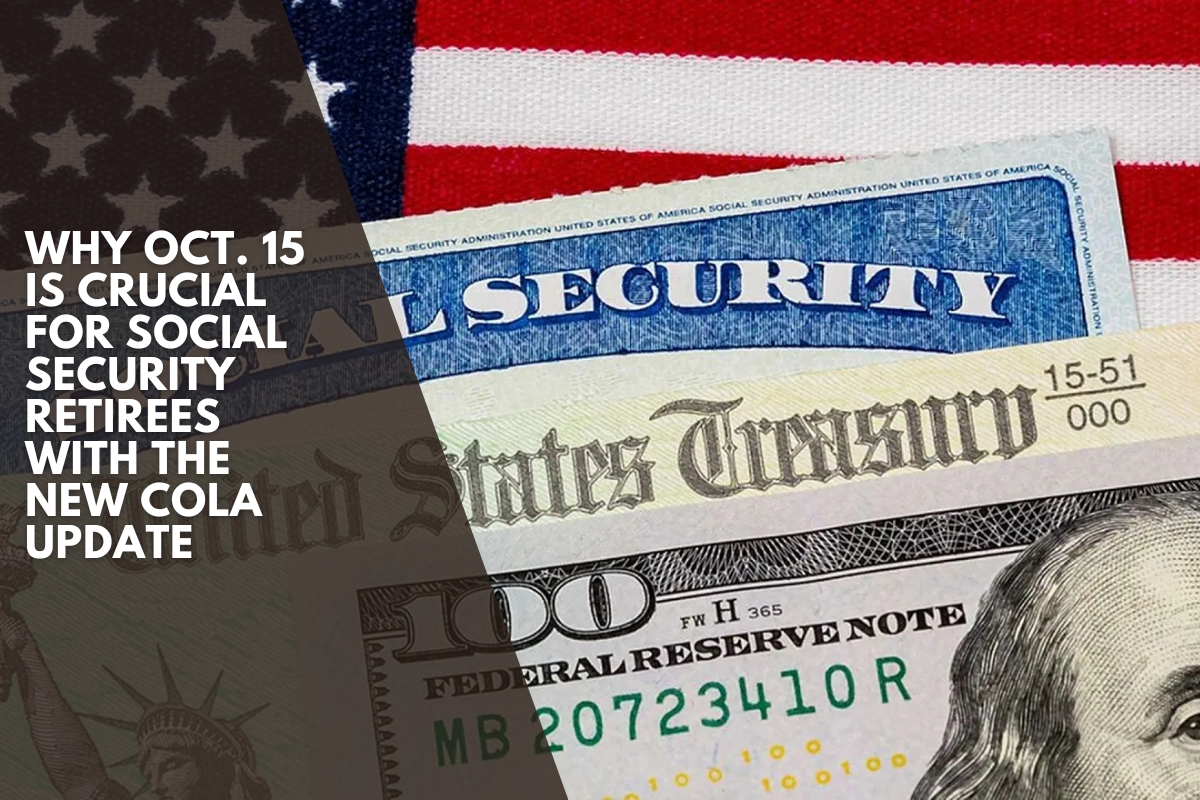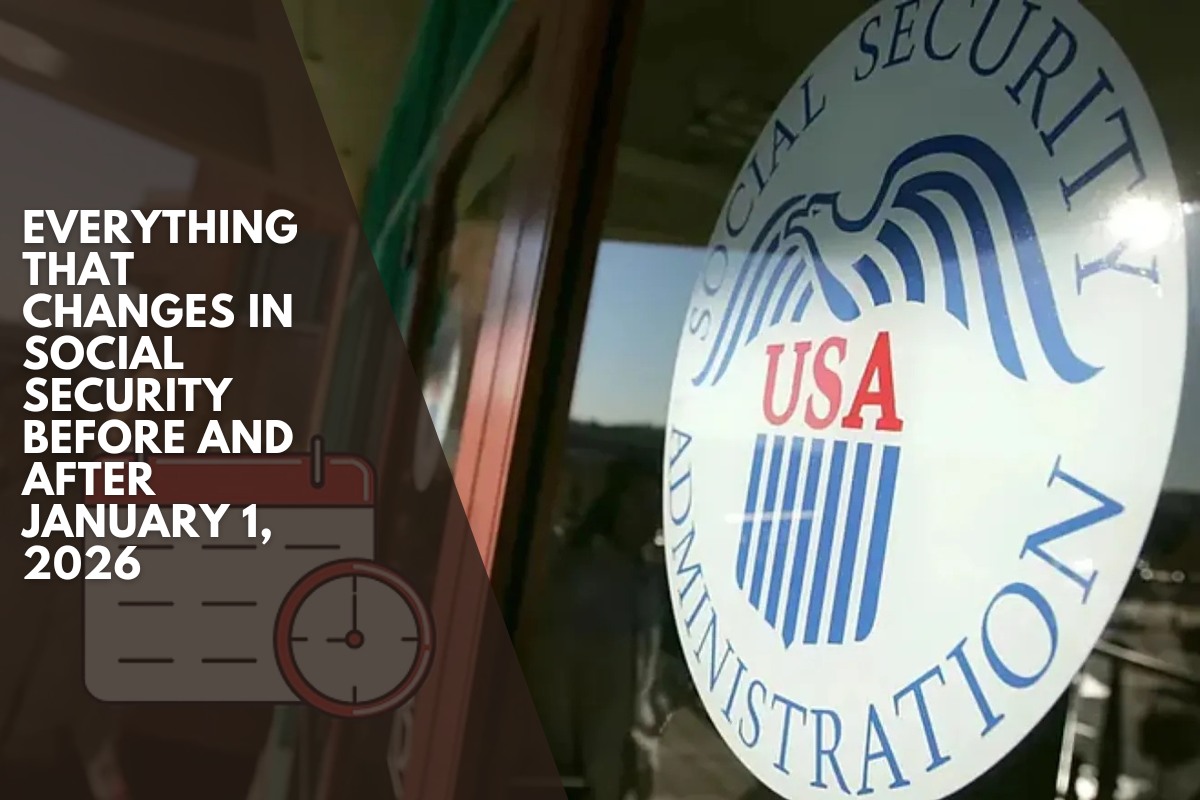Requesting a tax extension provides taxpayers with more time to file their return but not to pay what they owe.
According to the IRS, this extension is valid until October 15, but payments must be made before the original deadline.
Does requesting an extension with the IRS delay payment?
No, an extension only applies to the filing process and not to tax payment. The IRS clarifies that taxpayers must estimate and pay any amounts owed by the deadline to avoid penalties and interest.
How to properly request an extension with the IRS?
There are several ways to apply for an automatic extension:
Use the IRS Free File program.
Make an electronic payment and select the extension option.
Submit Form 4868 by mail or online.
By making the estimated payment along with the application, the taxpayer is deemed to have complied with the payment requirement.
What happens if you don’t pay on time?
If the taxpayer does not pay by the deadline, they may be penalized for late payments. Even if they have an extension to file, the IRS will charge cumulative interest on the amount owed from the original due date.
How many taxpayers request extensions from the IRS?
The IRS estimates that approximately 19 million people requested an automatic extension during the 2025 tax season, demonstrating that it is a common practice among taxpayers who require additional time to organize their documentation.
IRS tax payment recommendations
The IRS recommends:
Accurately calculate the estimated amount of taxes.
Make the payment before April, even if you do not have all the information to file.
Use tools like Free File to make the process easier.
These actions help to avoid penalties and keep a clean tax record.
Requesting a tax extension does not cause a delay in payment. It’s critical to understand that the extension only applies to filing the return. To avoid problems with the IRS, you must pay on time and use the resources available to make the process easier.












